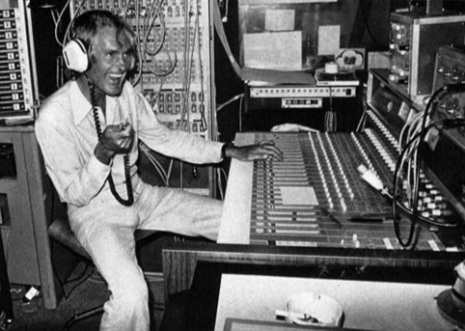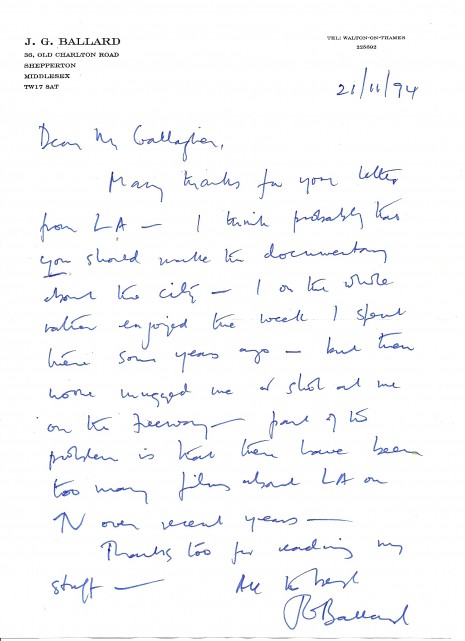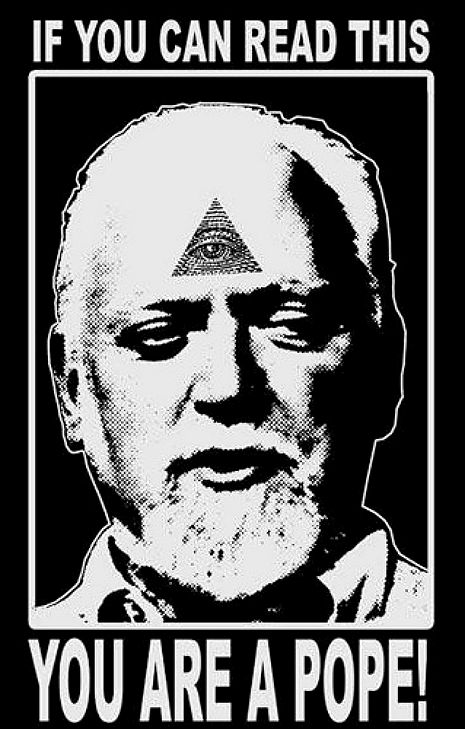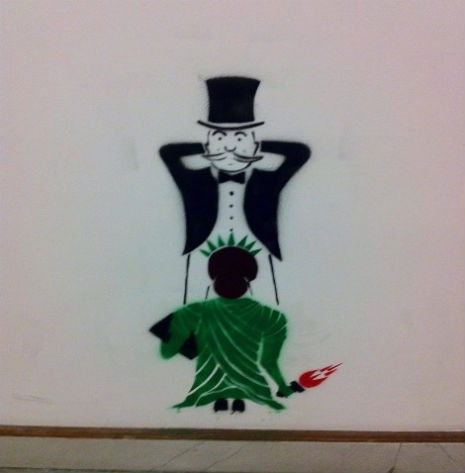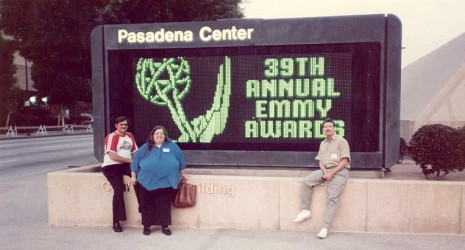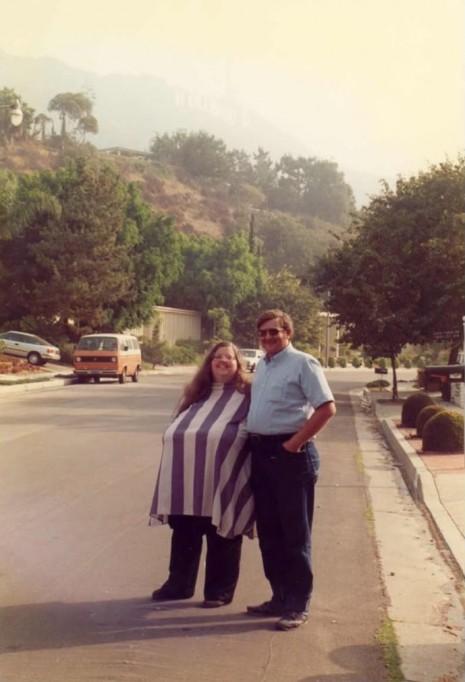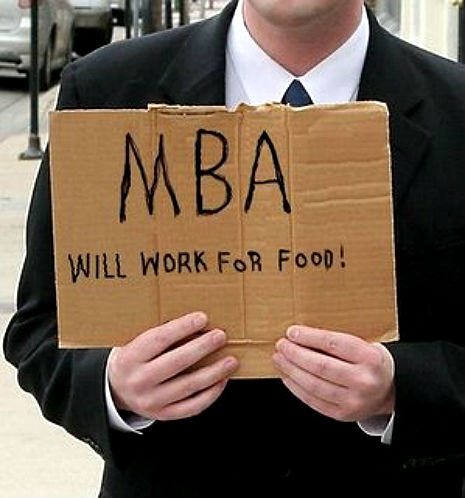
A guest essay from our super-smart friend Charles Hugh Smith, cross-posted from his essential Of Two Minds blog. Charles is the author of Survival +: Structuring Prosperity for Yourself and the Nation.
Poverty is on the rise in America, and buying passivity with cheap bribes has limits when applied to a fraying middle class.
If jobs are not coming back, then we as a nation need a conversation about poverty in America. The Status Quo assumption is that this is just another garden-variety recession, and that employment will bounce back, along with the “animal spirits” that drive borrowing and spending.
As of August 2011, it will be three years since the global financial meltdown. In three years, the Savior State has borrowed and blown $6 trillion maintaining the Status Quo, and the Federal Reserve has printed almost $3 trillion and shoveled that vast sum into “risk assets” to keep housing on life support and the stock market rising. The Fed has also devalued and debased the dollar, stealing wealth from the citizenry and holders of U.S.-denominated debt in the process, to serve two goals: 1) spark inflation and thus avoid deflationary deleveraging of the nation’s fast-growing mountain of debt, and 2) to enable servicing that debt with cheaper dollars.
None of these grandiose manipulations has healed the economy or fixed the structural problems which made the meltdown inevitable. The irony here (among many) is that so many people believe the Power Elites controlling the nation have some sort of god-like ability to maintain their grip on the levers of power.
While it’s certainly true that the wealth of the Power Elites has increased as a result of the meltdown and Fed/Savior State response, ultimately the Financial and Political Elites’ power depends on the passivity and complicity of the citizens. This means the Power Elites must buy off or co-opt the majority of citizens to keep them politically neutered and mallable.
The Status Quo has two basic methods of buying the citizen’s complicity: a vibrant economy that supports a middle class that thus has a stake in maintaining the Status Quo, and cash bribes to everyone else to keep quiet, i.e. “social benefits” a.k.a. entitlements and welfare. This renders everyone either dependent on cash payments from the Savior State or a stakeholder in the Status Quo.
Corporate welfare is not a bribe but a mutually beneficial power grab. The Cartel Corporatocracy seeks to eliminate competition from below and guarantee low-risk profts via cartels and quasi-monopolies. It achieves these goals by purchasing the partnership of the Savior State, which smothers competition with thickets of regulations and greases the quasi-monopolies sought by the Corporatocracy. But it’s hardly a one-way exchange; in extending its control over the economy and society to serve the Corporatocracy’s interests, the Central State’s own Elites gain more power, too.
Some observers see the middle class as the natural enemy of the State and Corporatocracy, but this misses the essential relationship of the Power Elites to their citizenry: the need of the Elites to buy complicity and passivity by the cheapest methods available.
It’s certainly possible to use repression to keep a populace under control, but repression is expensive and it doesn’t encourage productive “buy-in”; rather, it encourages opting out and resentful compliance. This leaves less for the Elites to skim off.
Over time, it’s rather obvious that regimes that rely on heavy-handed repression tend to fall while those that offer a small, low-cost stake to citizens are much more profitable to the ruling Elites and also more stable.
The crumbling of the credit-bubble economy has mortally wounded the middle class, and this has created a serious problem for the Power Elites. In extending the credit-bubble economy—that is, “wealth” is created via exponential expansion of debt—to housing, the Power Elites undermined the multigenerational bedrock of middle class wealth.
With housing equity stripped away, the erosion of middle class income and non-housing wealth has now been exposed.
The Power Elites’ other wealth technique, globalization, has also gutted the middle class below the top 10% level of technocrats, and decimated the working class that had aspirations of joining the middle class, i.e. the lower middle class.
We Don’t Need No Stinkin’ Jobs (in the U.S.) (February 9, 2011) Global Corporate America has decoupled from the American middle class; its interests are now international rather than domestic.
The Power Elites’ response—borrow and blow trillions to prop up the engine of their own wealth, the banks, borrow trillions from future taxpayers to maintain the current Status Quo, and devalue the U.S. dollar—have all failed to reflate housing or middle class incomes. Rather, these actions only succeeded in enriching the top 10% who own the majority of stocks. The prop-job in stocks has yielded a propaganda coup, as the Status Quo has successfully identified a rising stock market as “proof the recovery is here,” but this propaganda is starting to wear thin as 90% of the populace are realizing they are still poorer than they were three years ago.
Buying Off Washington To Kill Financial “Reform.”
The Power Elites cannot understand why making credit cheap isn’t creating jobs. Like decrepit generals fighting the last war, they keep sending waves of credit into the system to overpower deflation and reignite “animal spirits,” but the waves of credit are being mowed down by deleveraging and the exhaustion of credit as a stimulus.
In other words, they are clueless to the reality that conventional economics has failed. They have no Plan B. Their only plan, such as it is, is to borrow more money and spend it propping up the current Status Quo. Unfortunately for them, the middle class is unraveling at the edges, and the surest evidence of that is the loss of middle class jobs.
Without good-paying jobs with benefits and rising housing equity, then the citizens have no stake left in the Status Quo.
That leaves entitlements and welfare as the cash bribes for keeping quiet. What’s remarkable about the current pastiche of social benefits is how cheap it is to the Power Elites; extended unemployment ($158 billion), food stamps ($68 billion), Section 8 housing ($20 billion), and Veterans Administration medical care for vets ($47 billion)—all together that’s $293 billion, a mere 7.7% of Federal spending.
(These statistics are drawn from:
Is the Recovery “Self-Sustaining”? Here’s a Test (March 22, 2011)
Social Welfare, Socialism and Healthcare (May 19, 2009)
Can We Please Stop Pretending the GDP Is “Growing”? (June 2, 2011)
.
And of course it’s the taxpayers who will foot the bill for the deficit spending, not the Elites
The ideological political-theater stages faux “combat” over welfare, but this is for show: outside the circus, cash bribes for complicity and silence work equally well for both flavors of the Status Quo political Elite.
The “Left’s” concern for the poor is transparently phony; the “Left’s” only concern is to keep the underclass fat, dumb and distracted while enriching its own private fiefdoms such as education: public school fiasco in Atlanta. What terrifies the “Left” is the same thing that terrifies the “Right”—that the citizenry might break free of the bonds of dependency on the Savior State and start demanding a real stake in the economy rather than just a cash bribe to keep quiet.
This is why welfare and middle class entitlements (in various flavors) have continued growing for decades, under both “Left” and “Right” regimes.
It’s been quite a scam: the Savior State borrows immense sums from future taxpayers to bribe the current crop of citizenry, and these same citizenry pay the rising interest on that growing debt via their taxes.
In other words, the debt-serfs pay for the bribes that keep them complicit.
The problem is that the Status Quo has overshot systemic equilibrium. To keep the game going, the debt load is rising at almost $2 trillion a year at the Federal Level, and the Fed’s manipulations are requiring a cool trillion a year in printed money shoveled into risk assets.
The interest on that skyrocketing debt will eventually crimp the borrowing binge, and the Fed’s games are igniting not job growth but inflation, which further saps what’s left of middle class purchasing power.
The Fed’s manic manipulations are losing their effectiveness. Like insulin in a pre-diabetic patient, the Fed’s massive injections of money are not stimulating jobs or productive investment; each new announcement of “easing” generates a smaller jolt of ever-shorter duration. At some point the economy will respond to the Fed’s “easing” injection by going straight into diabetic shock.
There are two cultural issues in play as well. One of the key characteristics of the middle class is high expectations for future power and prosperity. The poor have lower expectations and so it’s relatively easy to buy them off with small sums.
The middle class, however, is less satisfied with crumbs, and getting paid to stay home and watch TV does not appeal to their values or expectations of life in America.
The other issue is the destructive nature of dependence on the Savior State, a dynamic I explored in The Cycle of Dependency and the Atrophy of Self-Reliance (July 2, 2011).
Making people dependent on the Savior State is not “ending poverty”—it is creating a deeper, more pervasively destructive poverty of lost opportunity and shriveled enterprise. People naturally want to contribute to something meaningful and to be respected, and being paid to sit home watching TV does neither. What it does do is fuel a low-intensity resentment against dependency and a pathological incentive for victimhood, neither of which are healthy for the society or those reduced to dependency on the Savior State.
The Power Elites are slowly losing their grip on the middle class. Once people no longer have a stake in the Status Quo, then they might become dissatisifed with the cheap bribes to stay home and rot away, consuming Pringles and “entertainment” on the telly.
Those citizens who are paying the tab for the Power Elites’ debt excesses are also seeing their stake in the Status Quo slip in value: being reduced to a tax donkey does not fulfill their expectations.
The bottom line is poverty on several levels is rising in America, and cash bribes are not a stable “solution,” though they certainly are a cheap one to the Power Elites.
This is a guest essay from Charles Hugh Smith, cross-posted here from his essential Of Two Minds blog







